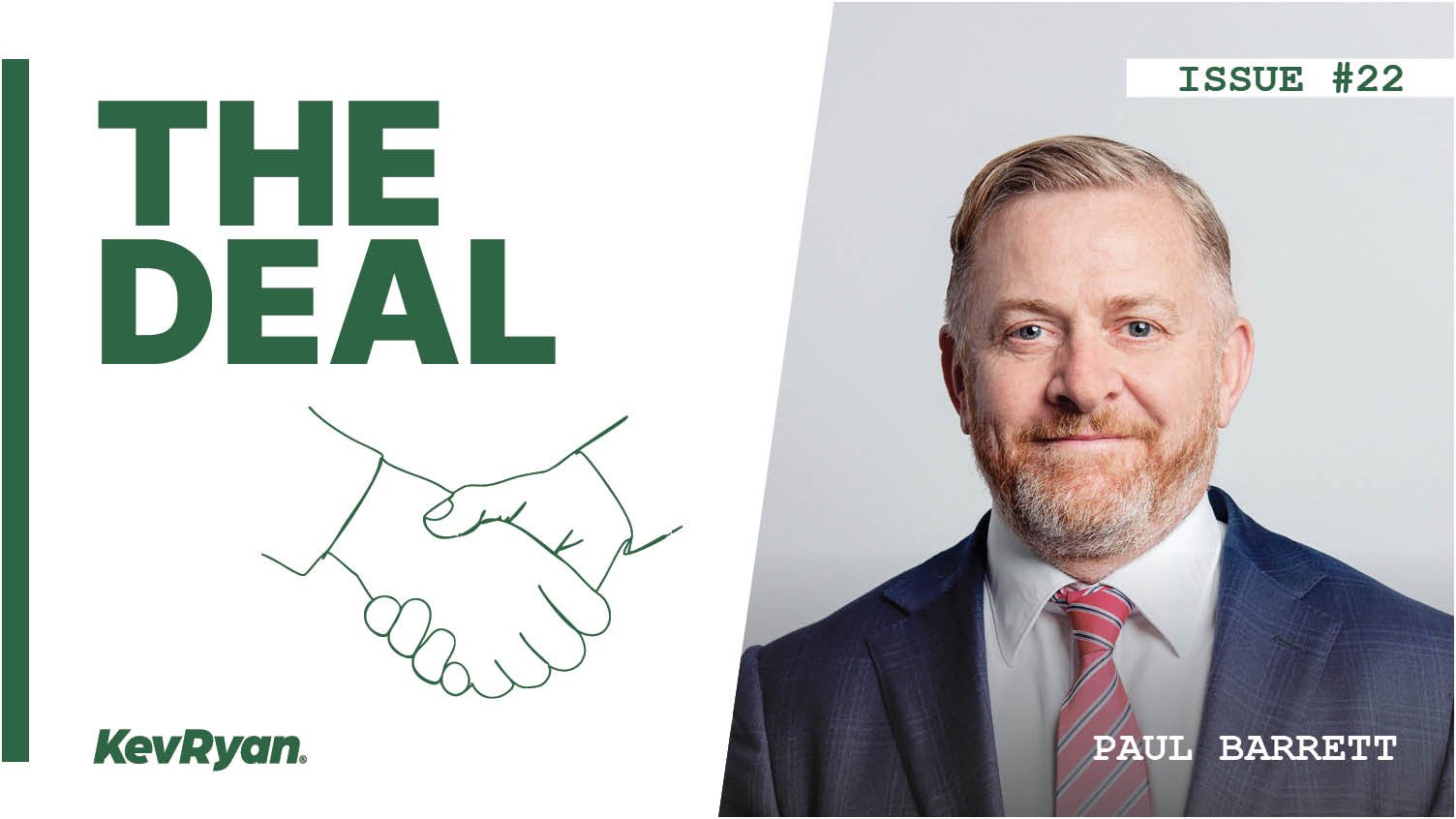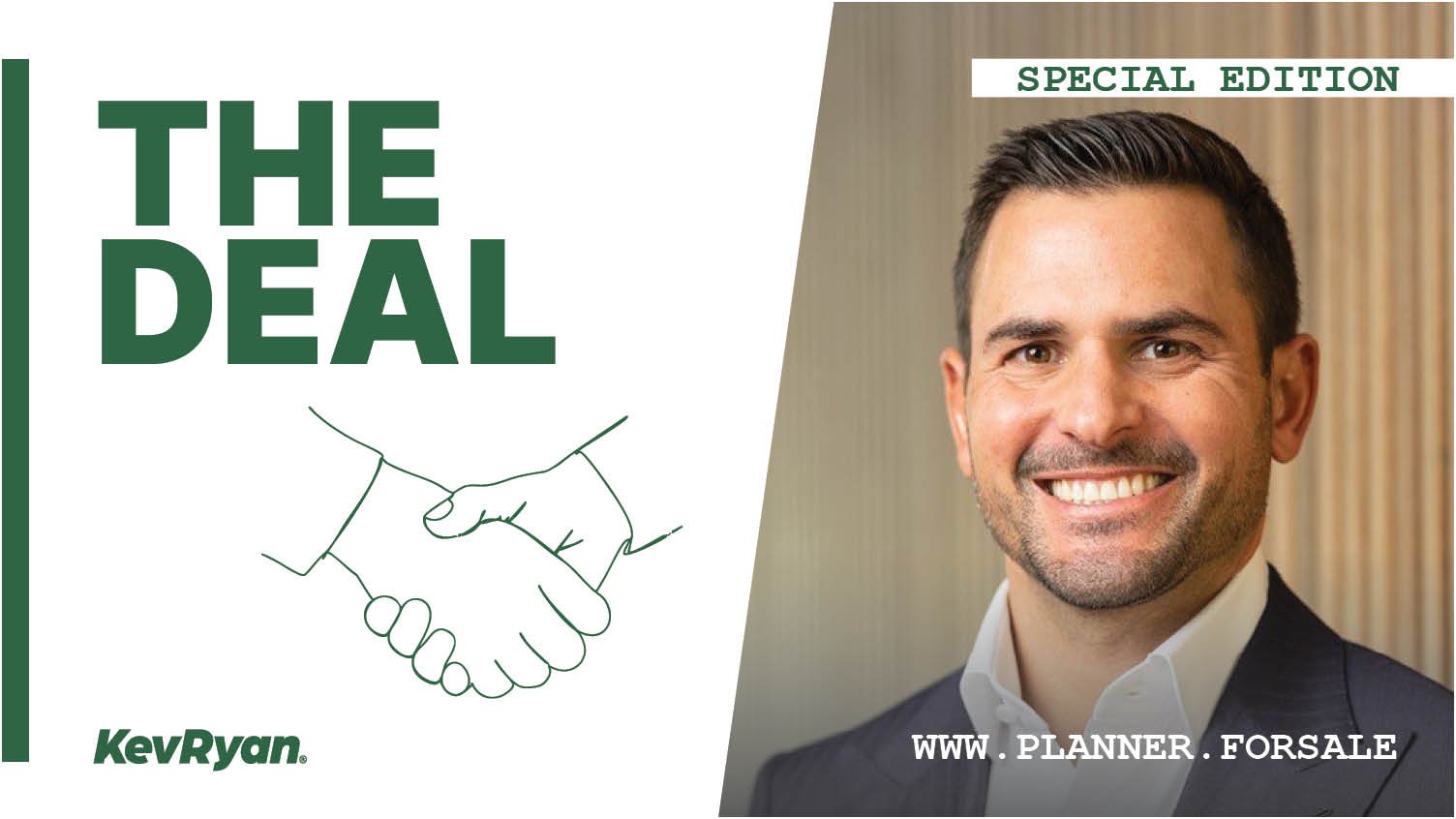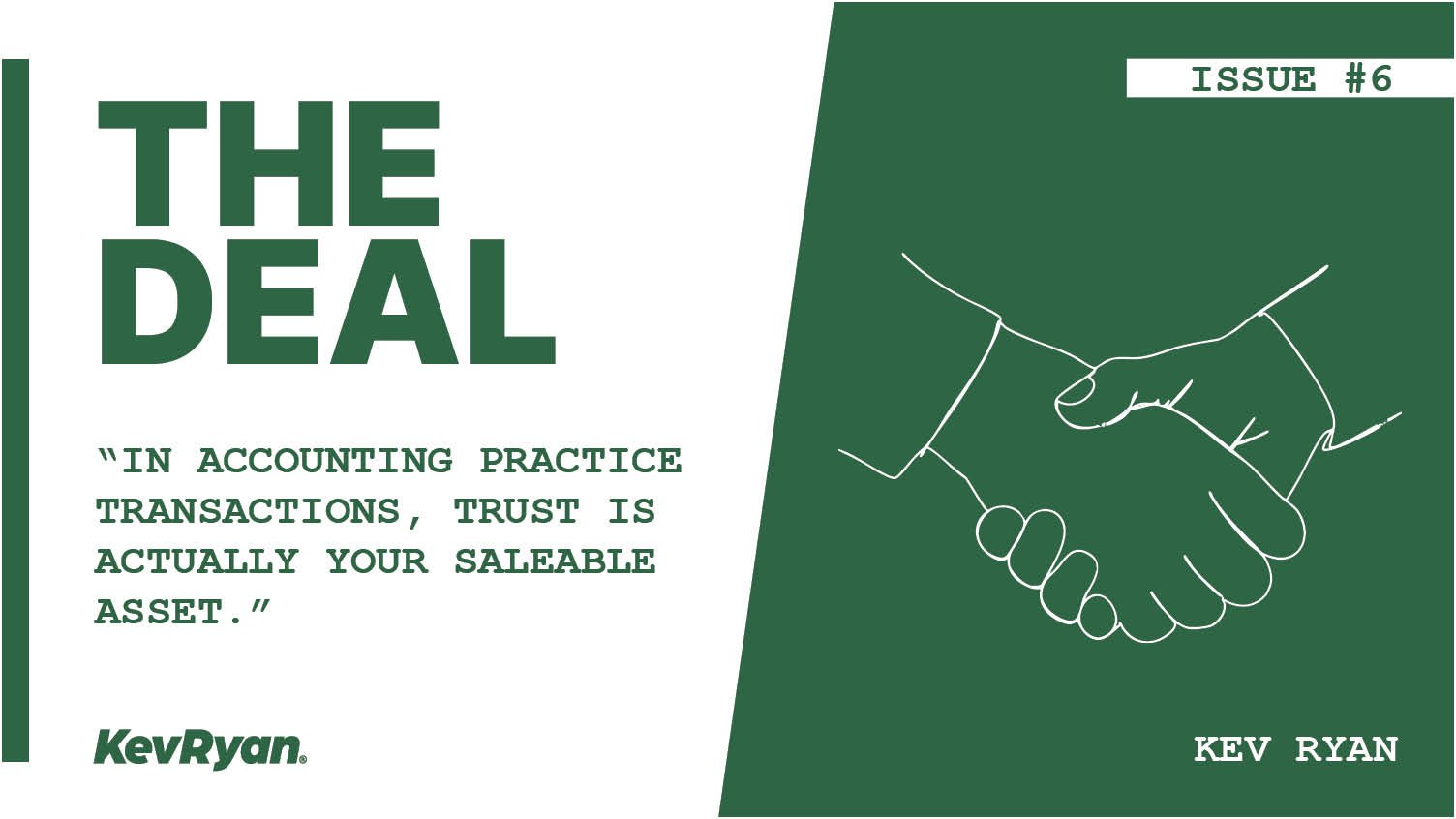Excellent engagement software = Greater business value
Ethan Cooney, Sales & Partnerships Manager at Ignition
Article by: Chris Sheedy OF The Hard Word
Once an accounting firm has client engagement sorted, and preferably automated, the business becomes more profitable and easier to sell.
While it’s not unusual for an accounting firm to invest in various types of software to increase efficiency, gather valuable data and automate low-value tasks, many are still hesitant to embrace technology that automates engagement and prevents scope creep.
How do we define scope creep? It’s when the originally agreed scope of work, for a project or a client, expands without a matching increase in remuneration, meaning a business does more for a client than it’s paid to do. And in Australian accounting, it’s rife.
The 2022 State of Client Engagement report by Ignition said “to avoid awkward conversations with clients around changes in scope, around a third of accountants told us in our research that they end up just absorbing the increased cost and time themselves.”
This comes at a massive cost to accounting businesses. Ignition research says Australian accounting firms perform an average of $104,000 of unpaid work annually.
“About 42% of these firms did less than a million dollars in turnover, so 10% or more of their potential turnover is written off unintentionally,” says Ethan Cooney, Manager Sales and Partnerships at Ignition.
“These businesses are often already struggling. In the current environment of rising costs, they need to improve their cashflow. The worst thing they can do is accept more work without billing for it.”
A similar challenge is ensuring billing increases year-on-year. Too many accountants, Ethan says, don’t have an annual conversation with clients around increasing fees, even to keep up with Consumer Price Index increases.
Both of these issues rob cashflow from the business during its operational life, and also damage the value of the firm when it comes time to sell.
Cashflow is king
“What adds value to any business for sale is maintainable revenue, and particularly the opportunity to prove that maintainable revenue,” says accounting firm transaction advisor Kev Ryan.
“Just look at subscription-based businesses. That’s why they attract the biggest multiples.”
If a business is not using an engagement system such as Ignition, one that automates much of the original engagement process as well as ongoing communications around fee increases, etc., it should be, Kev says.
“An engagement system ticks three boxes,” he says. “In terms of normal business, it helps bring maximum cashflow, because it solves the regular repricing issue.”
“When it comes time to sell the firm, a potential buyer wants to see that clients are engaged properly, consistently, and in a way that manages cashflow. It gives people confidence in the sense of reliable, recurring income. Finally, you’ll improve you buyer pool in the first place thanks to the fact that this type of technology makes the due diligence process so much easier.”
Streamline the engagement process
A common challenge for accountants, as with numerous other professional services businesses, is the inefficiency of manual processes. Nowhere is this clearer than in the process of revisiting and resetting client agreements, as well as writing and sending invoices and conducting annual engagement reviews.
But when these processes are ignored, the problem compounds. It leads to businesses charging inconsistent and outdated fees and invoicing at irregular periods.
“When a firm has tens or hundreds of clients, managing engagements becomes very difficult and time-consuming,” Ethan says. “Instead, a platform like Ignition enables bulk renewals, automatic fee adjustments and instant billing for regular and ad hoc work. This all saves countless hours, enabling the accountant and their staff to do much higher-value work.”
Of course, APES 305, the Terms of Engagement standard from the Accounting Professional and Ethics Standards Board, states that an accountant should re-engage clients annually.
“All of the accounting membership associations and peak bodies say accountants should update their engagement letters and confirm their fees annually,” Ethan says.
“Some of these peak bodies do quality reports on a sample of their member firms every year. Non compliance with that standard around engagements was in CAANZ’s top three issues that they found through this work. So, it’s a big deal.”
Change can bring transformation
One of the most transformative shifts that an accounting business can make is to move from the annual billing model – typically an invoice sent with completed tax return forms – to a recurring, monthly revenue model.
“By switching to a monthly model, cashflow gaps are reduced enormously and the stress and resources involved in chasing payments are cut down dramatically,” Ethan says.
“The clients enter their credit card or direct debit information at the time of signing, and then the platform automatically charges the client according to their fee schedule.”
Of course, this is not mandatory. Not all customers have to use the feature. “But typically 80% of them do, and we have seen it lead to zero debtors,” Ethan says. “Businesses are never having to manually send an invoice. Plus, they’re never having to chase payments.”
“Annual rollover agreements are also automatically sent out to all clients, who sign off on any changes. The accountant controls the level of fee increase, then it rolls out across the board, automatically.”
Reduce key-person risk
Finally, Kev says, by systemising billing and client engagement workflows, there is less risk that the business’s relationships are owned by any single staff member. This reduces key-person risk, which can be a serious issue in the business transaction space.
The clear record of client relationships, from payment schedules to signed contracts to services that have been provided, all add up to a higher potential selling price thanks to a more confident buyer group.
Ethan says such technology also helps clients to understand the breadth, complexity and value of the work their accountants do.
“Many clients don’t totally understand what accountants do for them, precisely because they’re not engaged properly or fully,” he says. “A clear proposal or engagement agreement shows them the value in what they’re paying for.’
“Engagement is about communicating value – to your clients and to the market. It’s a huge value add.”
MORE ISSUES































